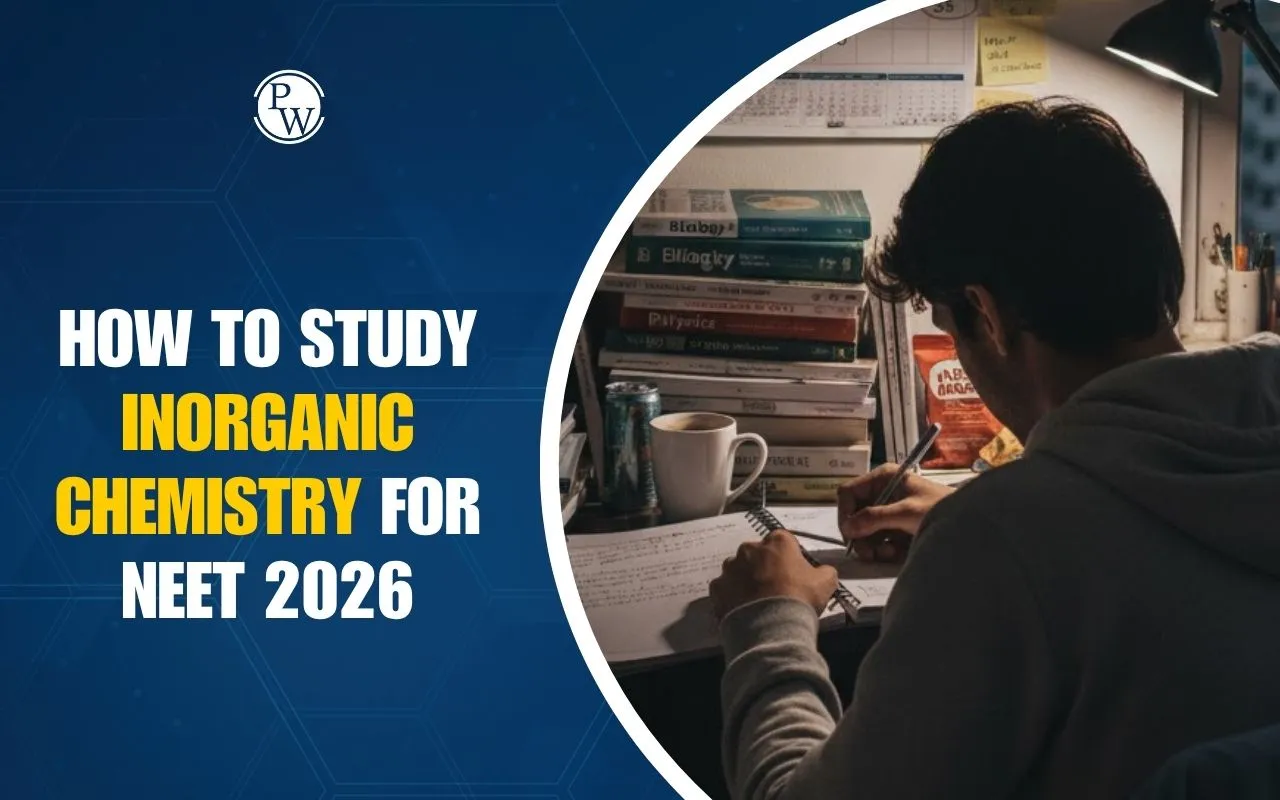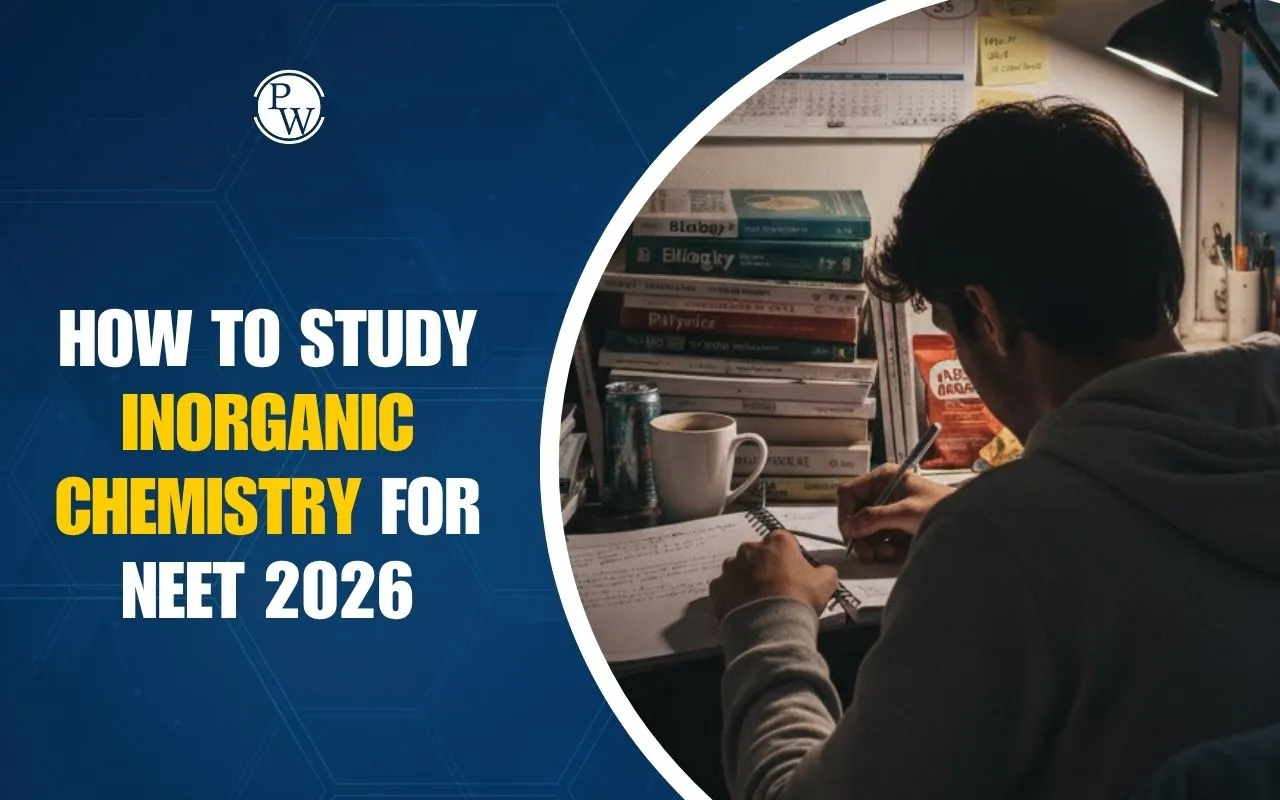

Inorganic Chemistry is one of the most scoring yet misunderstood parts of the NEET Chemistry syllabus. Many aspirants assume they can complete it in the final months because the chapters appear short and fact-based. This approach creates unnecessary pressure and leads to weak retention. Inorganic Chemistry becomes simple and predictable when studied in the right sequence with continuous revision. With early engagement and practice, students gain a major scoring advantage and develop strong exam confidence for NEET 2026.
Why Students Can Actually Excel in Inorganic Chemistry
Many students begin their preparation believing Inorganic Chemistry is something they can manage later because it appears easy and mostly factual. However, when students give proper time to this subject throughout the year, they notice that it becomes one of the easiest and most reliable scoring areas of Chemistry. Inorganic Chemistry relies seventy percent on logic and understanding and only thirty percent on memory, which makes it very approachable.
When students engage with Inorganic Chemistry consistently, they experience several positive outcomes. Test scores improve steadily, and confidence grows. Regular exposure ensures long-term retention and makes revision smoother. Students also develop important exam skills such as accuracy, speed, and smart question selection. Treating Inorganic Chemistry as a continuous process rather than a last-minute task unlocks its true scoring potential and helps students perform strongly in NEET 2026
Why Inorganic Chemistry Matters for NEET
Inorganic Chemistry contributes nearly fifteen direct questions in NEET, and all of them follow NCERT patterns closely. The advantages are very clear. There are no calculations. The question patterns are predictable. The time needed to solve the questions is very low, usually around seven to ten minutes. High accuracy becomes possible with revision. By mastering Inorganic Chemistry, students save time for more demanding areas of Organic and Physical Chemistry.
This makes Inorganic Chemistry a high-return subject where a focused investment gives excellent results.
The Correct Sequence to Study Inorganic Chemistry
Studying Inorganic Chemistry in a logical flow helps build a clear understanding and prevents confusion. The recommended sequence is
-
Periodic Table
-
Chemical Bonding
-
Coordination Compounds
-
p Block Elements
-
d and f Block Elements
-
Salt Analysis was studied at the end because it is strongly fact-based
This sequence creates a smooth path from conceptual chapters to element-based chapters and finally to application-based topics.
Do’s and Don’ts for NEET Inorganic Chemistry Preparation
Do’s
Focus on NCERT as the primary source.
Revise every topic four to five times.
Solve easy and moderate NEET-oriented questions.
Attempt regular tests and analyse your mistakes.
Prepare your own handwritten notes for revision.
Don’ts
Do not depend on someone else’s handwritten notes.
Do not refer to many books.
Do not leave Inorganic Chemistry for the final month.
Do not practise irrelevant high-level questions.
Do not change teachers repeatedly during preparation.
Consistency is the strongest contributor to success.
